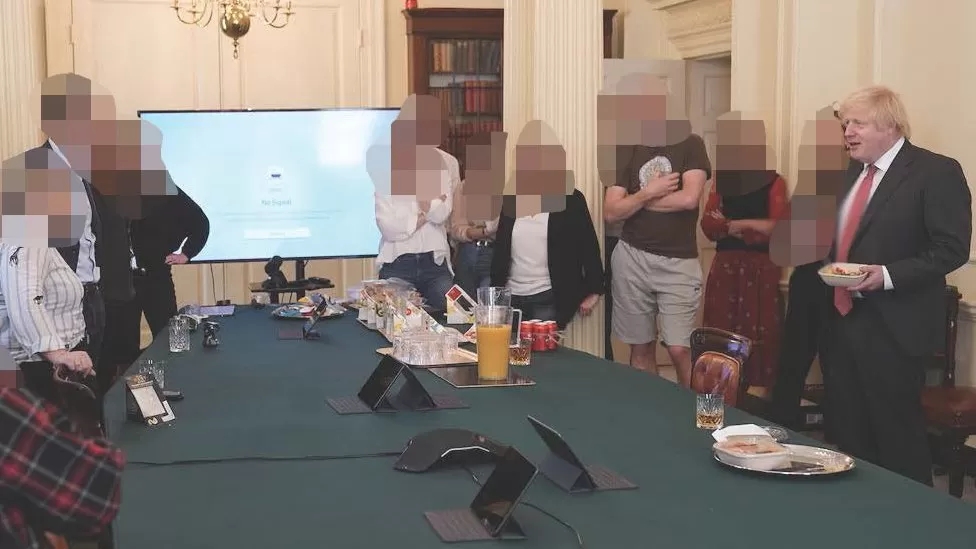16th July 2023

Giorgia Meloni in Italy – part of the rise of the right wing across Europe
Public sector pay awards below the rate of inflation are being presented as a magnanimous gesture by the Tories, as they continue their endeavours to make the working class pay for the current economic crisis. Public sector pay review bodies have suggested 7% for the police; 6.6% for teachers; 6% for junior doctors and consultants; between 5% and 7% for prison officers; and up to 5.5% for the armed forces and civil servants. With headline inflation currently running at 8.7% and other NHS and local government staff still to be included, it is clear that the government are attempting little more than to offer half a loaf to head off further industrial action ahead of a General Election.
The fact that industrial action, taken by some of the public sector, has pushed the government this far is a sign that engaging in struggle does bring benefits and should give other workers hope. However, the equivocation on the part of the Labour Party leadership in supporting workers in struggle does not inspire confidence that a change in government, when it does come, will bring any decisive advantage for the working class.
The internal witch hunt initiated by the hardline right wing in control of Labour at present shows no signs of abating and candidates close to Starmer and his political cronies are the only ones the current leadership will tolerate.
Post Corbyn this leaves the Left within the Labour Party in a quandary. The project around which Corbyn was able to coalesce broad support between 2015 and 2019 was Labour’s best hope of pitching towards a government which would have seen a shift in the balance of power in Britain as an objective, however difficult to achieve.
Starmer is not even making the pretence of such an offer, doing everything possible to stress ’fiscal responsibility’ and a more efficient management of capitalism than the Tories, in order to stabilise the ship for the political establishment. As ever with Labour government’s, there maybe some mitigation in certain areas of social policy for workers but little else.
Reform within Labour, allied to extra Parliamentary struggle, has for long been the rallying cry of the Left and efforts to create alternative political parties outside of Labour have invariably failed. There is however, widespread discontent with the system, even if it is not always articulated in that way. Protests on environmental issues are currently prominent. Opposition to the offshoring and deportation of migrants and asylum seekers grows. The issues of racism, sex discrimination and equal pay remain live ones. A wide range of international solidarity activity continues to flourish, not least in opposition to the Israeli occupation of Palestine.
While these campaigns and initiatives remain siloed, and not linked to a strategic overview of the class based nature of the system which is at the root of them, they will continue to have limited success at best.
Being able to demonstrate that capitalism is the driver behind the climate crisis; has racism and inequality as core to its function; and will never act in solidarity with those fleeing oppression requires a strategic approach to political action and education for which Labour remains a very poor vehicle. Whether that can be changed with a change in leadership is a moot point. Labour has always been a reformist rather than revolutionary party. The period under Corbyn illustrated both the possibilities and the constraints that Labour with a radical programme would face both internally and externally.
To what extent a more radical alignment of the Left in Britian is possible is open to wider debate but its necessity is becoming increasingly evident. The political establishment in Britain remains divided post Brexit and can barely paper over the cracks in its main political outlet, the Conservative Party. Across Europe there is a growing shift towards the simple solutions offered by the right wing parties, particularly in response to the NATO generated migration crisis and the treatment of those displaced as a result. Shifting the debate from the actual reality of class oppression to a debate about race, skin colour and migration only serves to reinforce prejudice and block progressive change.
Such resistance as the Left has been able to mount has foundered on a combination of not being radical enough and meeting aggressive opposition from the ruling class. One of the things that the period of the Corbyn leadership of Labour did show was that a programme which looked to challenge and change could have mass appeal and bring many into political debate and action. A programme to reignite that spark must be found if progress is to be made.
At the core of such a programme however must be the call to unity in action that will unite the range of economic and democratic struggles which are currently underway into a wave of solidarity and mass mobilisation that poses a real challenge to the legitimacy of capitalism.
This will require linking political activity to political education in a way that illustrates the importance of linking the particular to the general, the local to the global, the theoretical to the practical and developing an understanding that socialism remains the only solution to the manifest problems endemic to capitalism.










